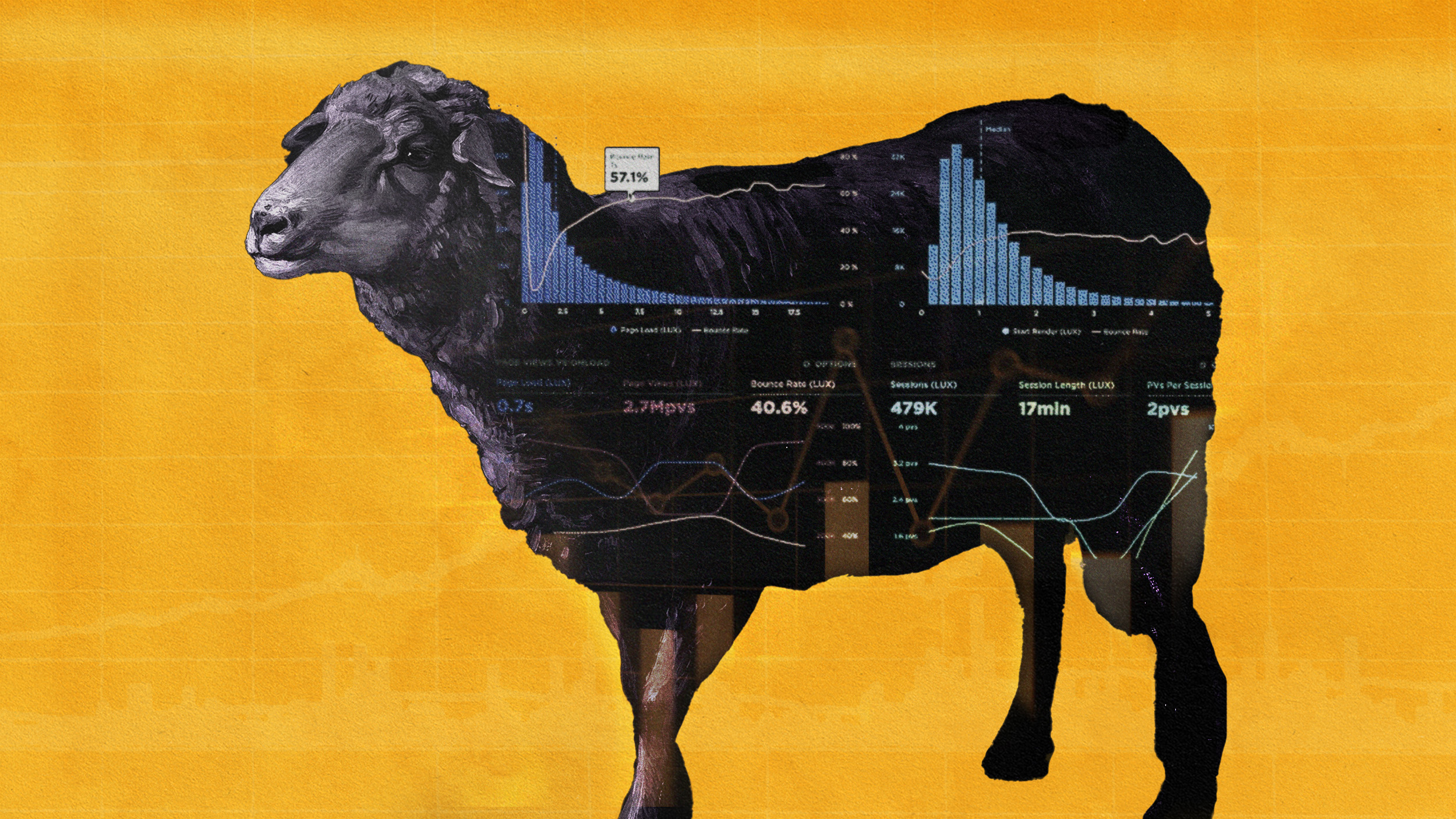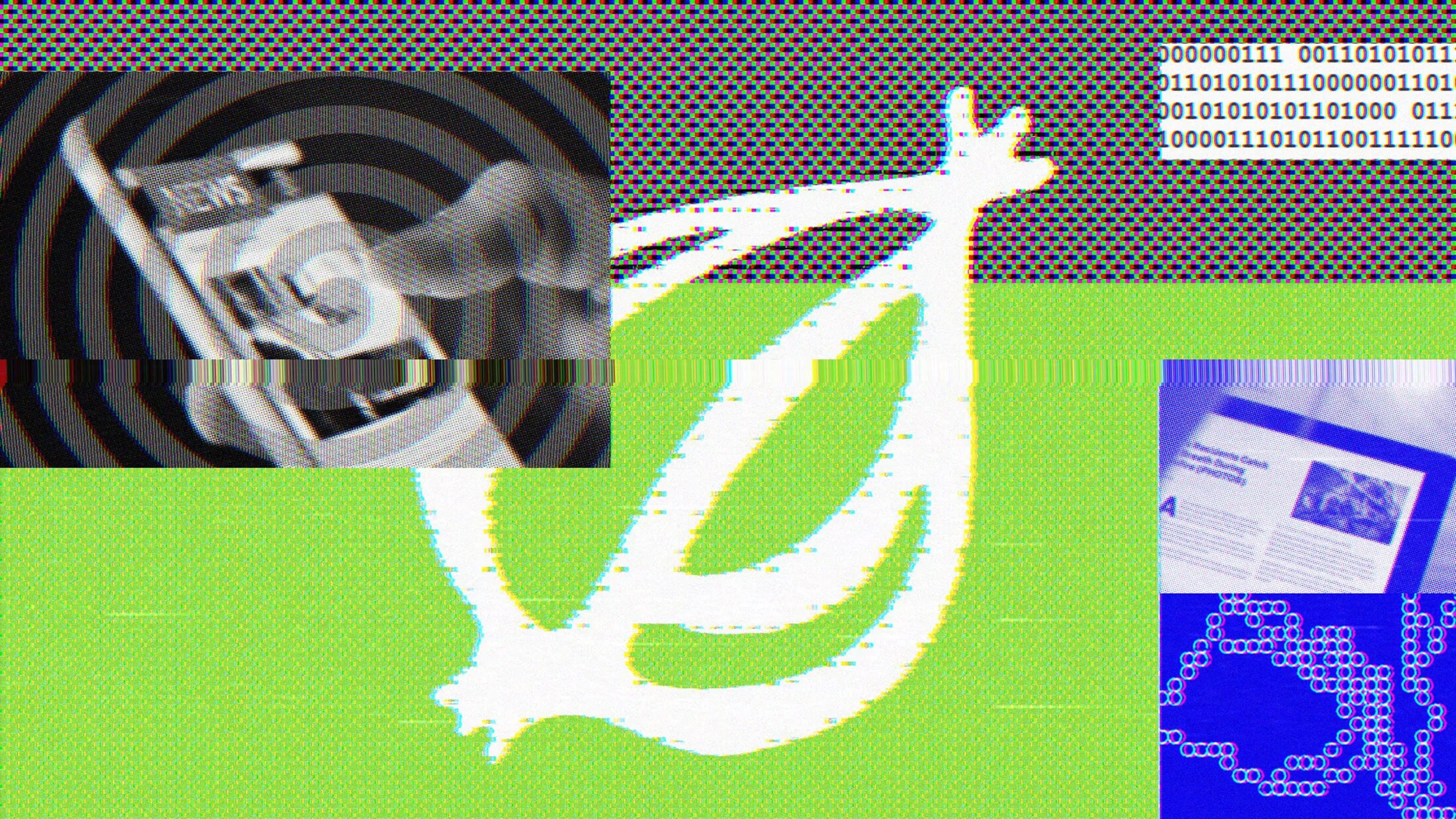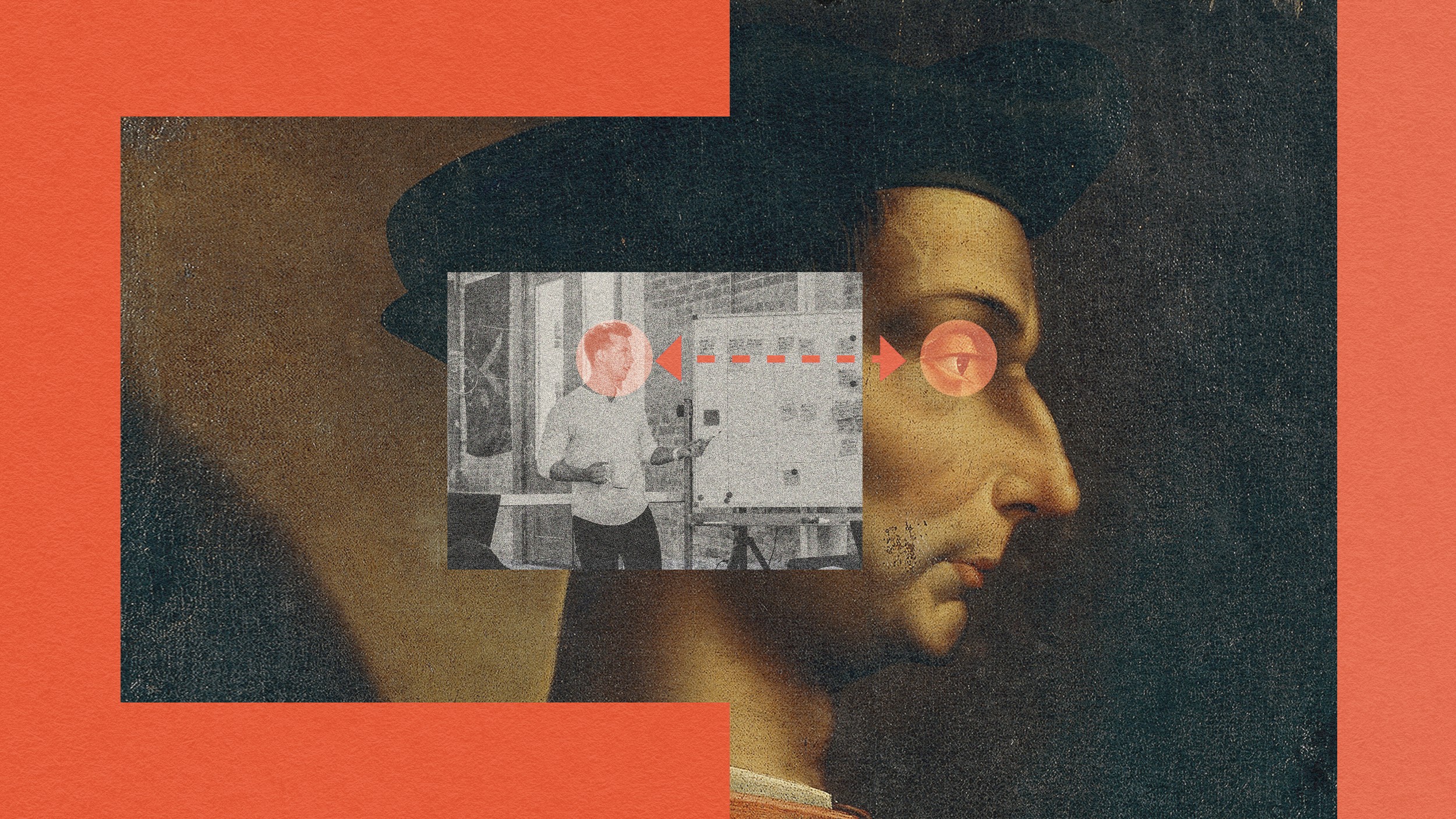Psychologist Paul Bloom believes we are not one inner self but many. How does this affect our concepts of identity and morality?
Question: How does your idea of “common-sense dualism” square with your idea of multiple inner selves?
rnPaul Bloom: The claim about dualism, is that we naturally see the world as having physical bodies, things like chairs and tables, and our own bodies, and immaterial souls, things that have beliefs and desires and consciousness. And the fact that we're dualists makes all sorts of beliefs possible. It makes religious beliefs possible, because it makes is possible that we can survive the death of our body. It makes, it shapes how we think about morality in that often when we judge whether something has moral status, when we're thinking like a non-human animal, we'd ask, or a fetus, or an embryo, we might ask, does it or does it not have a soul? This is how people often frame moral issues. So that's my claim about dualism.
rnMy claim about multiple selves is consistent with this, but it takes in a bit of a different direction. The claim about multiple selves is that as a matter of fact, and this may not be common sense, but as a matter of fact, within each of us, there are different agents fighting it out for control and often these can clash. So a standard example that behavior economists often use is that of someone who wants to diet. It's not, they would say, that you want cake, but you don't have the will to stop yourself from eating it. It's rather that you could think of it as two agents in your head. One is the cake eater, when there's no cake around, lies pretty dormant. The other one is the dieter, doesn't want to have cake. But when there's cake around, the cake eater rises in power and can dominate the dieter. Now, what does it buy you to think in these terms? Well, it lets you make sense of the fact that one self can try to thwart the other self. So someone trying to diet may block the cake eater from access to cake by not buying cake, or by punishing himself for using cake, and so on. And a lot of addictions and compulsions can be seen in terms of a clash. Can be seen on analogy between a clash of two people with different desires. So I think this is consistent with dualism, but it's not the same thing.
rnDualism is a claim about our conception of the world. The multiple selves view is a claim about how things really work.
rnQuestion: How do these internal divisions inform our sense of moral reasoning?
rnPaul Bloom: It's an interesting question, how to reconcile what we know about people's moral actions, how morality works and why people choose to do good and evil, from our common sense notion. What I'm most interested in my own research, about adults and kids, is the common sense notion. And the common sense notion very clearly involves notions of good and evil. So universally we see some people, everybody on earth, sees some people around them as nice, decent, fair, honorable, and others as jerks, as bastards. And we believe the good people should be rewarded and the bad people should be punished. So you have that as a human universal.
rnWhat's interesting then is where does this universal come from? And I think we could be informed there by evolutionary thought. So a caricature view of Darwinian evolution says we've evolved to be entirely self-motivating, self-interested, perhaps interested as well in our family, but not beyond that. But over the last many years, there's been a more sort of subtle and complicated notion of evolution which grants the fact that some moral intuitions and moral actions might themselves be biological adaptations. We might have evolved them because they're useful things to have for creatures like us that live in small interconnected groups.
rnNow, if that's right, then you should expect a moral intuition and moral actions to show up early on in development, before you get exposed or immersed in the culture. And this is some of the research I'm doing, I'm doing some of this in collaboration with my colleagues, and my wife, Karen, who went to Yale University, in their infant lab, as well as with Kylie Hamlin, who works on these projects, and what we do is we show babies different situations. So, for instance, we might show babies a situation where somebody's trying to get up a hill and one character helps it up the hill. Then the same thing, it's trying to get up a hill, and another character pushes it down the hill. And then we see who do babies like more? Do they like the one who helped it or the one who hindered it? We find to a tremendous extent, babies long before they reach their first birthday, prefer the character that helped the guy up the hill and don't like the one that pushed him down the hill.
rnWhat about reward and punishment? Well, in some recent work that we just completed, we find that, again, one year olds, kids who've just turned one, want to reward the character who helped the other guy up the hill and want to punish the character who pushed the guy down the hill. It gets more sophisticated than that. What if you show babies these interactions and then show them someone else rewarding the good guy and punishing the bad guy? We find babies like such a person. But what if somebody punishes the good guy and rewards the bad guy? Babies hate that person and believe that that person should be punished, too, for his misapplication of reward and punishment.
rnNow, I don't think babies know all there is to know about morality. But I think this work suggests, and a lot of other work that sort of coincides with this, suggests that some fundamental, moral understanding is there from the get-go. Part of our evolved understanding, our evolved social capacity to deal with other people.
Recorded on November 20, 2009
Interviewed by Austin Allen






